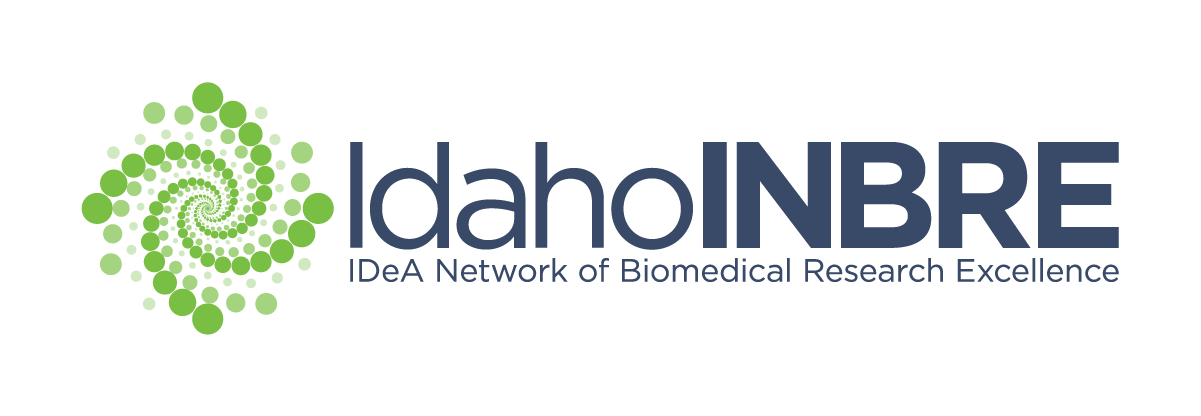
- Name: Ali A. Habashi, Ph.D.
- Institution: Idaho State University
- Department: Biomedical and Pharmaceutical Sciences
- Phone: (208) 282-1409
- Email: aliaghazadehhabas@isu.edu
Summary: I am interested in exploring the concept of drug-disease interaction, and studying the effect of inflammation, in particular, on the renin-angiotensin system (RAS) at enzyme, peptide, and receptor levels in order to fully understand the underlying mechanisms. In different inflammatory conditions such as rheumatoid arthritis, cancer, diabetes, mental disorders, and Alzheimer disease, patient’s quality of life has been be affected by the deleterious impact of inflammation. Due to extensive involvement of the RAS in the systemic and local regulatory function of different organs and the significant impact of inflammation on the activation of the RAS, the association of the RAS in different pathological conditions has been reported. The RAS consists of two counteracting arms: tissue protective and tissue toxic. Manipulation of the RAS through augmentation of its tissue protective arm by delivering of its peptide homologs seems promising. Peptides have gained increased interest as biological therapeutics during recent years. However, the clinical application of these agents is still limited due to drug delivery challenges. As a pharmaceutical formulation scientist, I have set focuses of my lab on exploring innovative targeted drug delivery systems for effective, safe, and noninvasive delivery of these therapeutic agents for aiming at several serious inflammatory conditions that RAS involved in their pathology.
Minimum classes: It is beneficial for the student’s adaptation into the laboratory environment if he/she has any knowledge of introductory to science, biology and inorganic and organic chemistry, but it is not required.
Projects: Some of the major projects that an undergraduate student can get involved in my lab are synthesis, separation and characterization of PEGylated conjugates of small peptides using analytical chemistry and instrumental analysis methods and testing the biological activity of conjugates using cell culture and studying their absorption, distribution, metabolism and elimination in small animals. Experiments will be performed by graduate students under supervision of the principle investigator. These project provides opportunities for one or more undergraduate researchers to join the lab in order to be introduced into the biomedical and pharmaceutical research and learn different laboratory techniques such as instrumental analysis, sample preparation methods, cell cultures, western blotting, animal models of different disease, pharmacokinetics studies and so on. These skills are in high demand by Pharmaceutical and Biotech companies. Early exposure to such research environment will benefit an enthusiastic, energetic and motivated undergraduate student to be able to plan his/her career ahead of the other competitors for their cohort.



